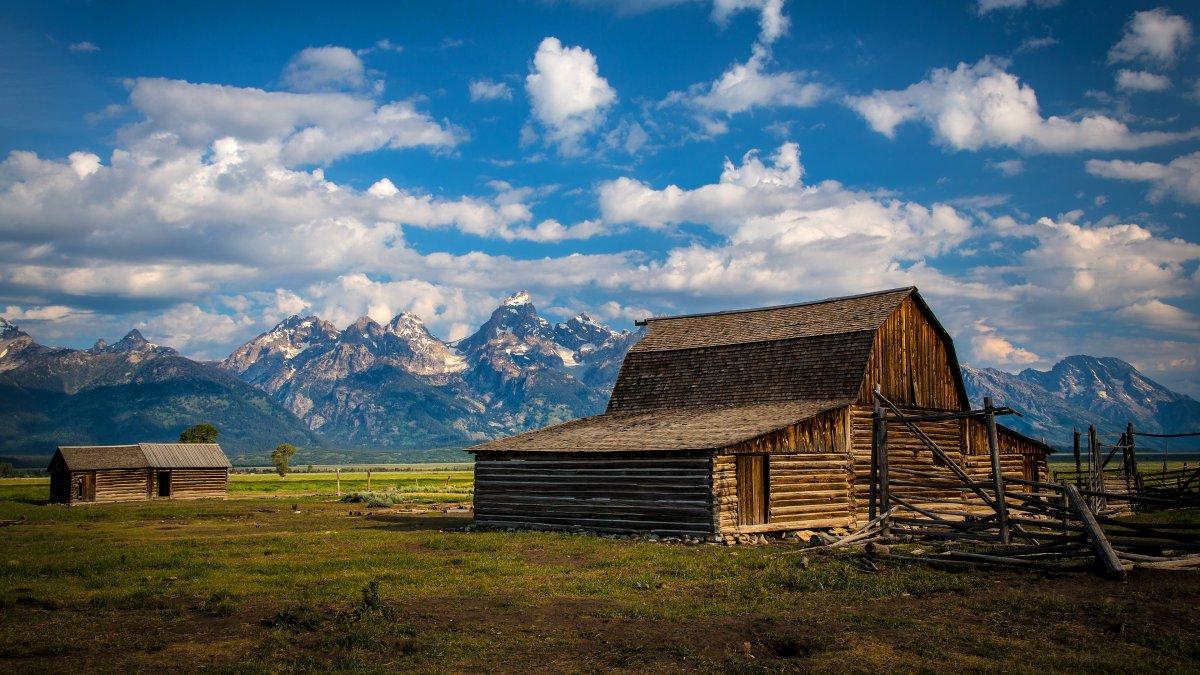The Philippines is a country known for its unique and vibrant cultural traditions, stemming from a rich history of colonization and indigenous beliefs. From colorful festivals to intricate crafts and time-honored practices, exploring the Philippines’ culture is a feast for the senses.
One of the most famous cultural events in the Philippines is the Ati-Atihan Festival, celebrated in the town of Kalibo in January. This fiesta is known for its lively street dancing, colorful costumes, and painted faces. The festival commemorates the conversion of the Aeta, the indigenous inhabitants of Panay Island, to Christianity. The Ati-Atihan is a true celebration of the resilient Filipino spirit, with people coming together to revel in the joys of life despite the hardships they may face.
Another popular celebration is the Sinulog Festival, held in Cebu City every January. This event has its roots in pre-colonial times, when the locals paid tribute to their pagan gods and goddesses through traditional dances. Today, the Sinulog is a Catholic feast in honor of the Sto. Nino (Holy Child) de Cebu. The festival attracts visitors from all over the world, with its colorful street parades, ancient rituals, and grand processions.
Artisan crafts are also an integral part of Philippine culture. Locals take pride in creating intricate and beautiful handicrafts, often passed down through generations. Examples of traditional crafts include hand-woven textiles, pottery, and wood carving. The T’boli people of Lake Sebu in Mindanao are known for their intricate brassware, while the Ifugao people of the Cordillera region are renowned for their hand-carved rice terraces.
Aside from their colorful festivities and artisan crafts, Filipinos are also known for their strong family ties and community spirit. This can be seen in traditional practices such as the Bayanihan or cooperative labor, the Barangay or community council, and the Balikbayan or homecoming culture. These practices embody the Filipino value of Bayanihan or working together towards a shared goal, which is often linked to the welfare of the community.
In conclusion, exploring the colorful and meaningful cultural traditions in the Philippines is a rewarding experience that offers a glimpse into the country’s rich history and values. From vibrant festivals to intricate crafts and strong community ties, the Philippines embodies a unique and vibrant way of life that is truly worth celebrating.
(Note: Do you have knowledge or insights to share? Unlock new opportunities and expand your reach by joining our authors team. Click Registration to join us and share your expertise with our readers.)
Speech tips:
Please note that any statements involving politics will not be approved.
